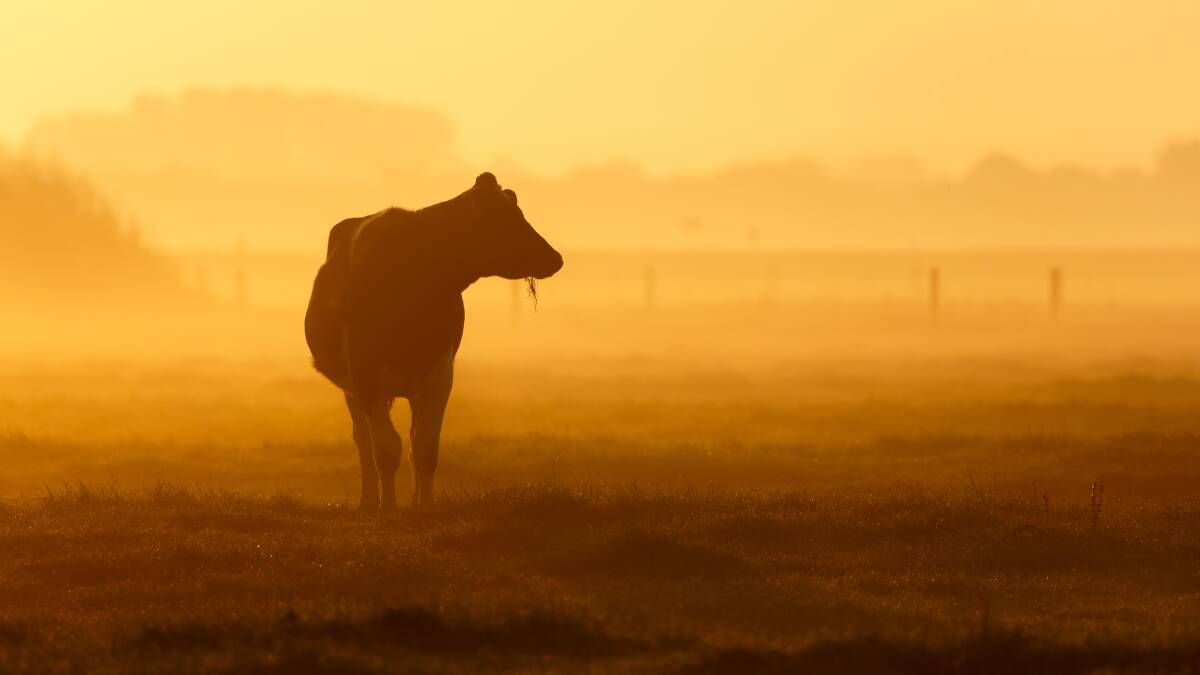
CLIMATE change impacts on Australia's agriculture and trade are national security issues, according to a report authored by former military leaders.
The report, Missing In Action, blasts the Australian government for its climate inaction, which has "left the nation poorly prepared to face the global warming's consequences".
The report was published by the Australian Security Leaders Climate Group (ASLCG), which is made of well-respected and high-ranking retired military leaders including a former Chief of Defence Forces.
It found that unless the government took action, the defence forces and emergency services would be left to pick up the piece in the face of accelerating climate impacts.
The affects of climate change on agriculture and food security were under the microscope, because it had "the potential to significantly threaten food production in Australia", particularly through the consequences of reduced yields.
"Australia has a record of being ill-prepared at a national level for predictable climate threats such as extreme bushfire seasons and heatwaves, extreme drought and the water crisis in the Murray Darling Basin, increasing aridification and loss of reliable croplands," the report stated.
The annual flows into the Murray Darling Basin, which accounts for about half of Australia's irrigated production, have almost halved in the past 20 years.
"At 4°C of warming, annual rainfall in southern Australia falls by half, particularly in winter and spring," the report said.
"The Australian wheat industry is highly sensitive to climatic influences. In [Professor] Garnaut's hot, dry scenario, wheat yields fall to zero in many regions."
Over coming decades, agriculture production is expected to decline, with major export commodities including wheat, beef, dairy and sugar projected to fall by 10 per cent by 2030 and 13 to 19pc by 2050.
"The loss of wealth from climate change impacts on agriculture and labour productivity may reach $4.2 trillion by 2100 under a business-as-usual scenario," the report states.
Being a geographically distant island in a "hyper-connected global economy", Australia's supply chains are "precarious".
Climate-drive disasters, both domestically and internationally, will exacerbate pre-existing weaknesses in the nation's supply chain.
The report uses the initial months of the COVID-19 pandemic as an example.
Australia's national emergency health stockpile was found to be virtually empty. The nation's pandemic response was undermined by an incapacity to source sufficient supplies of basics such as personal protection equipment.
"In an emergency where supply chains are disrupted, domestic oil and petrol supplies would last only weeks, and military capacity to move and fly would be compromised," the report states.
ASLCG flagged the domestic danger posed by extreme natural disasters, which will become more frequent as the planet continues to warm.
The Black Summer Bushfires in 2019/20 led to the largest domestic military mobilisation in Australia's history of some 6500 soldiers.
"The fires also exposed infrastructure's climate vulnerability, with some fire-ravaged regional areas losing all telecommunications capacity, water and electricity utilities, banking services, and logistical land access for relief services and food supplies; in some cases for months," the report states.
On an international level, climate change impacts could cause regionally instability in Asia and the Pacific.
The report found Australia appeared "unprepared for the diplomatic fallout in the Pacific created by Australia's pro-coal climate policies", and the belated understanding of Chinese initiatives in the region led to some catch-up analysis on climate and security issues amongst neighbours in the Pacific.
ASLCG made several recommendations, calling on the government to demonstrate leadership, assess climate risks, to invest with urgency, and coordinate and cooperate a response between government agencies.


